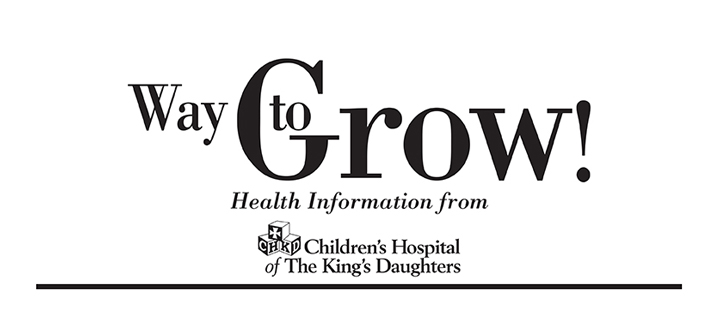
Electromyogram (EMG)
Electromyography (EMG) is a test that measures and records the electrical activity of muscles to check muscle function.
What happens during this procedure?
There are usually two parts to EMG testing: a nerve conduction study (NCS) and a needle exam for muscle testing. The doctor will decide if both parts of the test are needed for your child. Both procedures may cause some mild discomfort, but it is usually well-tolerated. The electrical stimulation of the NCS could be compared to a static electricity shock from a doorknob after walking across the carpet. The pin insertion for the needle exam could be compared to being pinched by someone’s fingernails. The entire test takes approximately 60 minutes.
For the NCS, your child’s skin will be cleaned and electrodes will be taped to the skin along the nerves that are being studied. During the NCS, nerves at various points on your child’s body will be stimulated with small electric currents to check the electrical activity in the nerves.
The needle exam involves inserting very fine needles into several muscles. The needle has a microscopic electrode that picks up both the normal and abnormal electrical signals given off by a muscle.
Preparing for the procedure
- Talk to the doctor about your child’s medications. Some medications may affect the results of the test. Your doctor will let you know if you need to wait until after the test to give your child his/her medications.
- Shower or bathe your child on the day of the test.
- Do not use any creams, moisturizers, or powders on your child’s skin on the day of the test.
- The doctor may want your child to avoid coffee, tea, and soft drinks for 2-3 hours before the test. If your child is a smoker, he/she may be asked to avoid cigarettes before the test.
- Your child should wear comfortable clothing, but will change in a hospital gown.
Before the procedure
Tell the physician performing the procedure if your child has:
- a pacemaker or implanted defibrillator
- any bleeding problems or if your child takes blood thinners
- any immune system problems
- had neck or back surgery
After the procedure
- Your child may resume normal activities once the test is complete.
- Your child may complain of muscle soreness, but this does not usually last for more than two hours after the procedure.
- The doctor will contact you about your child’s test results. Interpretation of the test results usually takes 1-2 days.
Call the doctor if:
- your child has redness, swelling, increasing pain, excessive bleeding, or discharge around the areas where the needles were placed.
- your child has signs of infection such as fever and chills.
- you have any questions or concerns following the test.
Disclaimer: This information is not intended to substitute or replace the professional medical advice you receive from your child's physician. The content provided on this page is for informational purposes only, and was not designed to diagnose or treat a health problem or disease. Please consult your child's physician with any questions or concerns you may have regarding a medical condition.
Reviewed: 05/2010